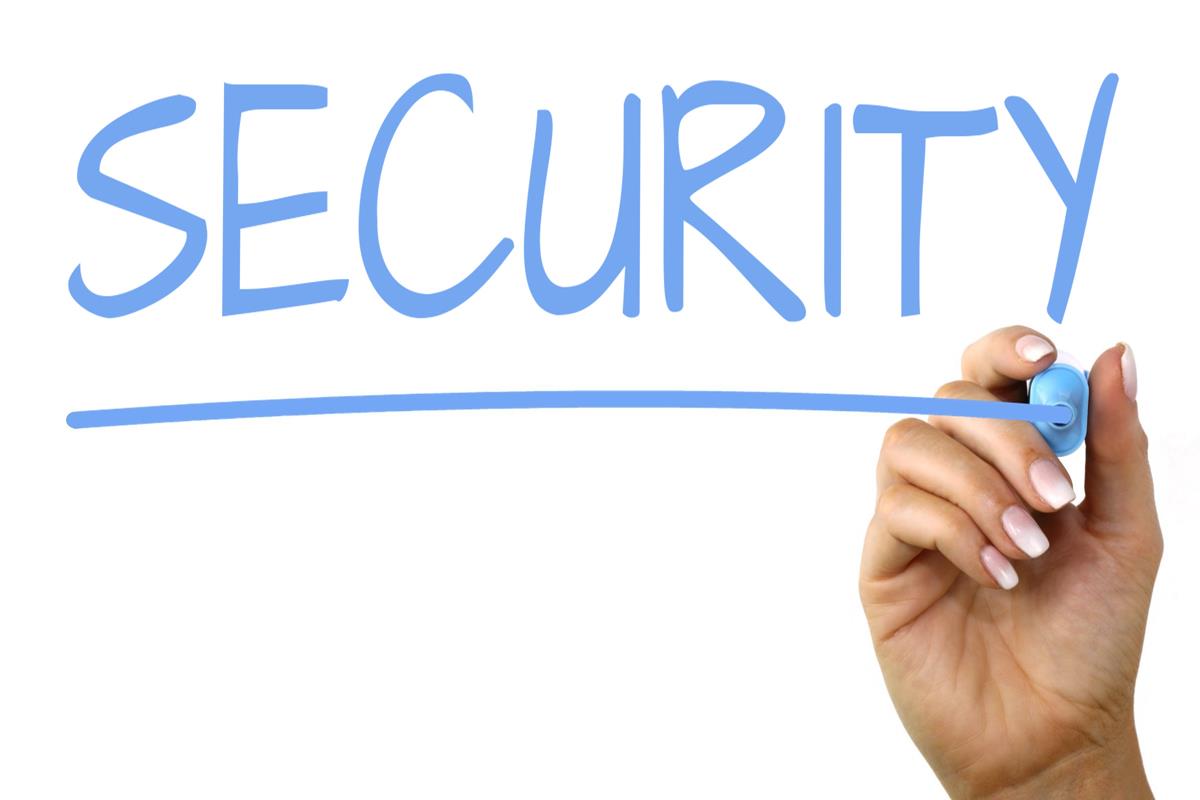
Submitted by Rajiv on

The web hosting industry has seen a huge increase in the security threats in the recent years. It can partially be attributed to the oversmartness of hackers. Besides, the introduction of many smart automated tools that can infest the websites with viruses, bots, and other malicious elements has also made the things much easier for the hackers.
The need of website security
There are multiple ways a hacker can break into your website and do all sorts of nasty things- right from changing the content to hijack your website by changing login credentials. They can even change your server into a botnet or use it as a platform to launch spam emails. They can enter via hosting panel, CMS, Database and other key entry points that are used to control the administrative or management features of your site. So, it is always better to be safe than sorry.
Tips for website security
While 100% security could be a far-fetched dream, there are certainly a number of ways in which you can maximize the security levels to foil most of the malicious attempts. We are presenting a key website security tips to keep your website well guarded against the latest attacks. Here are top 5 questions you need to ask yourself:

Does your code offer security?
Ensuring your code meets performance expectations is essential, but it’s even more important to ensure it delivers stability and adheres to the highest security standards.
- For example, you need to ensure that the code associated with your CMS/application should offer the expected output on the front end and there are some trusted methods to test it.
- Steer clear of any third party application from untrusted players or newbie companies. They generally lack the required security ecosystem and in most of the cases, many applications may not even have gone through the required security audit that could reveal the loopholes.
- Testing your code on such applications or platforms may make your website an easy game for hackers
Is your site secured against XSS and XML attacks?
One of the major threats faced by the websites with JavaScript is XSS attack that could wound your website deeply and may even result in permanent damage.
- With the help of best encoding practices and following proper sanitization provision for input fields you can save your site from these dangerous attacks.
- Besides there are a number of open source libraries that can be utilized to safeguard your site against the XML attacks.
- Some of them include PHP Antixss and HTML, etc.
- There could be a host of other libraries too but it is always best to stick with the popular libraries that are regularly updated and thus offer the best reliability and utmost security against the latest threats.
Do you follow the best guidelines to validate request?
One of the major concerns is to ensure that you should not proceed with any request that is sent by the unintended user. So you need have a proper provision to ensure that the entity sending request to your site is the intended audience whom you wish to proceed.
- Including a challenge can be the best solution to confirm the validity of the request.
- For the best results try using the random challenge for maximizing the society.
Do you stick to best password policies (always)?
If you don’t practice specific password policy for best protection or lack the proper request management methodology then hacking your site could be a piece of cake for the seasoned hackers and with some more efforts even the novice hackers can break into it.
- The single piece of advice while creating the password is this- avoid anything that could be predicted or guessed. It includes spouse name, pet name, your family name, birthdates, or anything related to your company or business.
- Go for really long passwords and combine capital/small case, special characters and numbers.
- For the best protection, you need to juggle the password to make it really confusing and senseless to the others (but not for yourself!)- “0%y1ta*rp1” is pretty difficult to guess but if you are a party lover then with some brain gymnastics you can remember it pretty easily.
- You should also have a well-defined policy for automatically locking the accounts after a specific number of failed attempts.
- Avoid allocating the same password to different accounts. This will add another layer of security and even if the hacker gets the hold of a single password they will to be able to break into other accounts and this way you can at least control or minimize the harm.
Do you regularly update your CMS or scripts?
CMS offers you the best way to design your own website and make any changes without any dependency. At the same time, you need to be very serious regarding the security issues. Hackers are malicious elements no doubt but they are smart and they know how to get smarter with each passing day by using the right mix of talent and technology. That is why it is technically not possible to create a CMS architectures is 100% secured against all the present and future threats.
- The reputed CMS keep on introducing the updated versions that offer better security (along with enhanced performance) against the latest threats than their previous counterparts.
- However, you need to update your CMS as soon as the new version is out to ensure that you enjoy the best security against maximum threats
- Don’t forget to update your scripts as many sophisticated hackers would love to examine multiple aspects or elements of your website to find the soft spots that can easily be pierced to invade your site


Add new comment